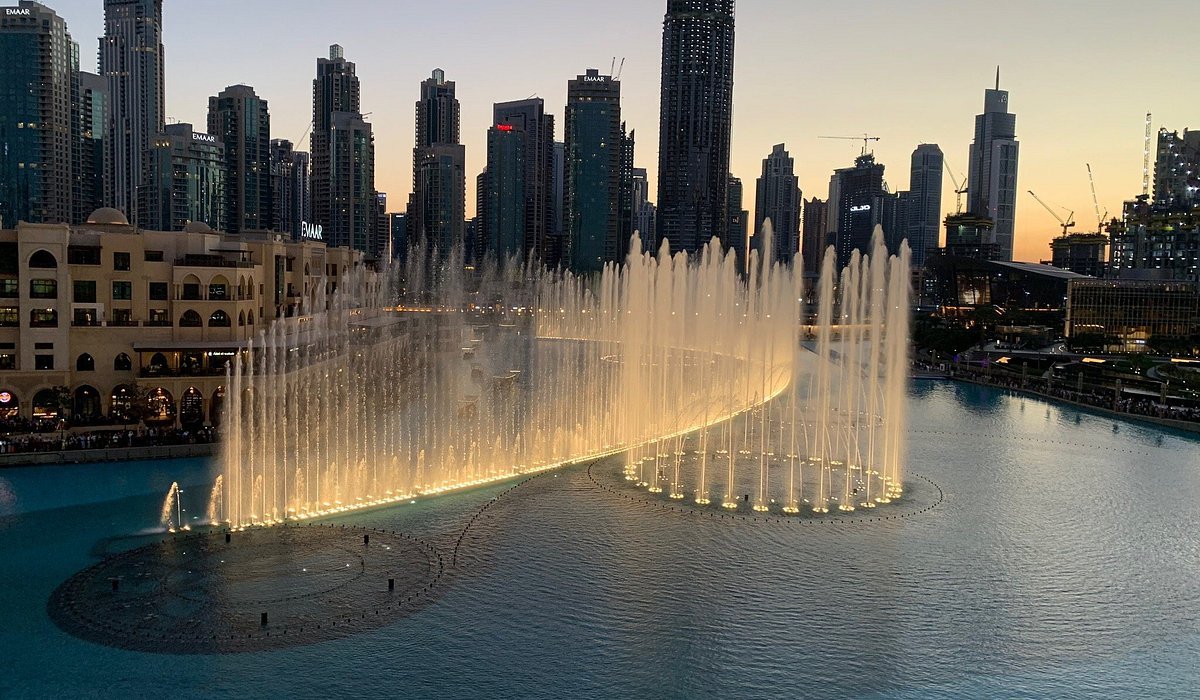
In recent years, Dubai has become a shining example of women empowerment and gender equality in the Arab world. From government initiatives to private sector reforms, the city is actively building a society where women and men have equal opportunities to thrive. This transformation is not only inspiring but is setting global benchmarks for progress in the Middle East.

Leadership plays a major role in Dubai’s gender equality journey. The UAE’s Vice President and Prime Minister, His Highness Sheikh Mohammed bin Rashid Al Maktoum, has always emphasized the need for women to take center stage in national development.
He once said, “We do not empower women, we empower society through women.” This clear vision has led to major policy shifts, giving women more leadership roles, rights, and representation than ever before.

Dubai has introduced several programs and policies to support gender equality. Some of the key ones include:
Formed in 2015, this council aims to reduce the gender gap in the public sector. It monitors progress, creates gender policies, and promotes fair treatment at workplaces. As a result, the UAE now ranks first in the Arab world for gender equality, according to the World Economic Forum’s Global Gender Gap Report.
The UAE has extended maternity leave benefits and introduced family-friendly policies in both public and private sectors. These changes allow women to better balance work and family life—an important step toward full gender equality.
Women in Dubai now hold important positions in the government, law, business, and even the armed forces. In the UAE Federal National Council (FNC), 50% of the seats are now held by women. Dubai is also home to female ministers, judges, and CEOs—a big leap from just a decade ago.

Dubai is becoming a hub for female entrepreneurs. The Dubai Business Women Council (DBWC) actively supports women in business by offering training, networking events, and funding opportunities.
According to the Dubai Chamber of Commerce, over 30,000 businesses are now owned by Emirati women, with investments exceeding AED 60 billion. Startups led by women are also on the rise, especially in sectors like tech, fashion, and sustainability.
One notable example is Raja Easa Al Gurg, a prominent businesswoman and managing director of the Easa Saleh Al Gurg Group. She has been recognized internationally for her contribution to the business world and for paving the way for future generations of women leaders.
Education is a key driver of women empowerment in Dubai. Today, Emirati women outnumber men in universities and are pursuing careers in engineering, science, law, and medicine. The government has launched several scholarships and initiatives to encourage girls to take up STEM (Science, Technology, Engineering, and Mathematics) subjects.
In fact, women make up more than 56% of the UAE’s higher education graduates in STEM fields—a figure that is higher than in many Western countries.
Dubai has taken several legal steps to ensure women have equal rights. In 2020, the UAE amended laws related to marriage, divorce, and child custody, giving women more control and protection. Domestic violence laws have also been strengthened, and women can now report abuse without needing permission from male relatives.
These changes reflect Dubai’s commitment to creating a fair legal system for all citizens and residents.
One of the biggest wins for gender equality in Dubai is the shift in cultural mindset. Traditional roles are evolving, and more families now support the idea of working women. Media and education are playing a major role in changing perceptions and promoting the idea that both men and women are equal contributors to society.
Social media campaigns, such as #BecauseSheCan, have also helped highlight the achievements of women in Dubai, making them role models for younger generations.
While Dubai has made impressive progress, challenges remain. Gender wage gaps still exist in some sectors, and women’s participation in technical and industrial roles is still lower than that of men. However, the government and private sector are working together to fix these issues through transparent reporting, inclusive hiring, and equal pay policies.
International organizations are also collaborating with Dubai to introduce best practices and offer training programs that support gender diversity in the workplace.
Dubai’s commitment to women empowerment and gender equality is not just about fairness—it’s about building a better, more inclusive future. By investing in women’s education, leadership, and legal rights, the city is setting an example for the region and the world.
As more women rise to the top in every field—from politics to tech to entrepreneurship—Dubai is proving that when women succeed, everyone benefits.
Read More:- Shobha Realty Launches Its Most Luxurious Project Yet—Full Details Inside 2025
